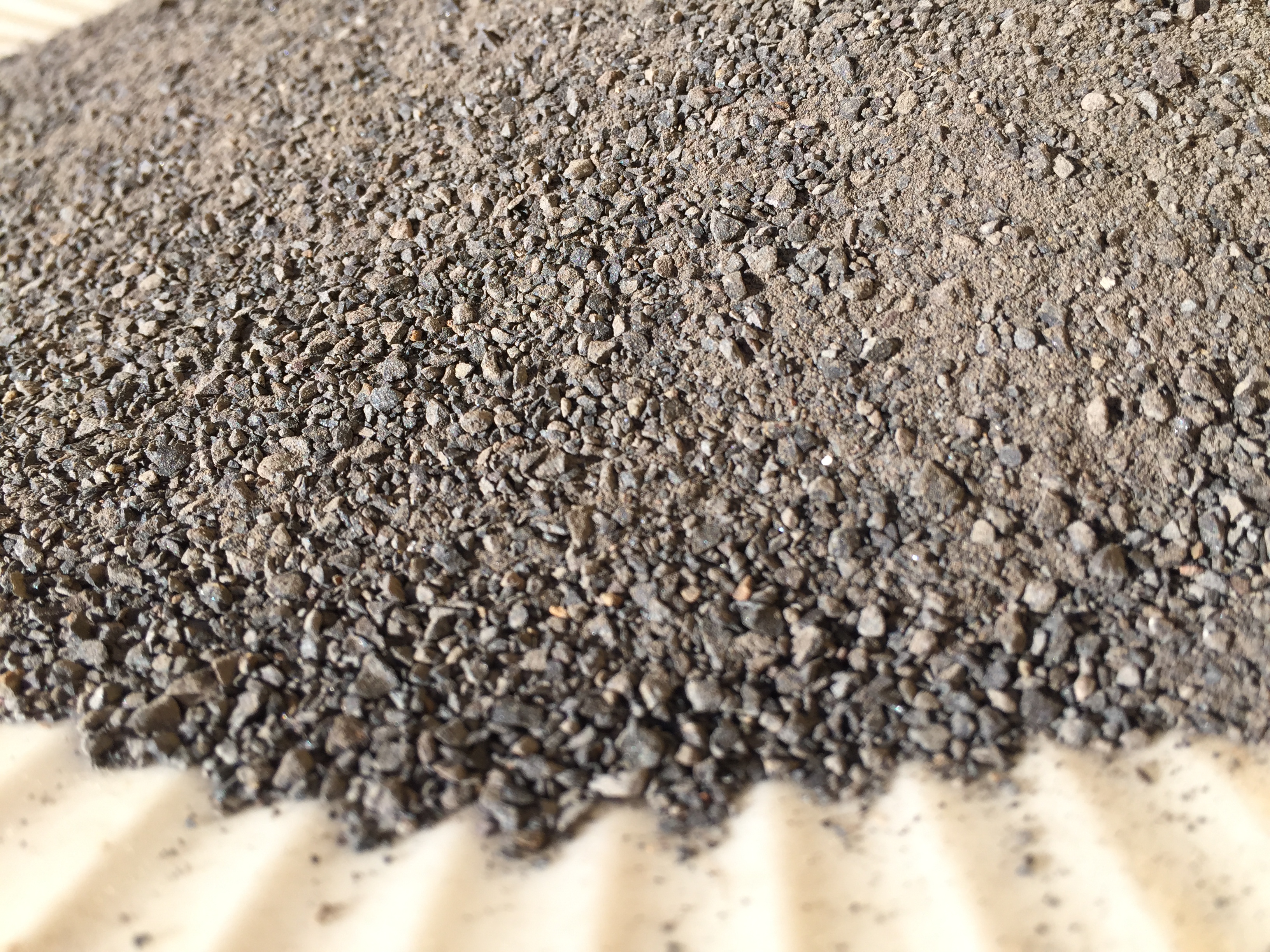
So what’s all the fuss about rock dust?
Rock dust goes by a few other names, like “rock minerals,” “rock flour,” “rock powder,” “stone dust,” “soil remineralizer” and “mineral fines.”
Whatever you call it, rock dust is finely crushed rock containing essential micronutrients and trace elements that are important to the life cycle of plants and which can aid in the remineralization and restoration of our earth’s soils.
It is NOT a fertilizer (even though some retailers mistakenly classify it as one) because it doesn’t have the necessary amounts of nitrogen, potassium and phosphorus (N-P-K).
Instead, rock dust contains minerals like calcium and trace elements like iron and manganese which are difficult to replace once they’ve been depleted from the soil as a result of natural weathering and/or over-farming.
Used widely by organic farmers, rock dust offers something for everyone.
- For composters…
It increases the growth rate of micro-organisms and boosts earthworm activity
- For gardeners…
It increases harvest and quality of fruits and vegetables
- For farmers…
It leads to higher concentration of essential oils resulting in heavier yields
- For beginners…
It revitalizes existing plants and reduces mortality rates in seedlings
Not all rock dust is alike, however. Igneous rocks like basalt and granite have the highest mineral content, with basalt providing a greater balance of nutrients for optimal plant health and vitality. Also, crushed volcanic basalt continues to deliver a steady flow of nutrients over time, even as it decomposes. Basalt’s slow-release benefits make it an effective way to minimize deficiencies, particularly with fast-growing crops that experience periods of rapid nutrient uptake.
Here are a few interesting historical facts about rock dust:
- Chemist Julius Hensel described the benefits of soil remineralization with rock dust in his 19th century book Bread From Stones.
- In the 1930s researchers in Europe used finely ground basalt to treat and improve the productivity of degraded forest lands.
- One of the most comprehensive studies of the benefits of basalt came from D. Hotman de Villiers who conducted a series of long-term field trials (late 1930s, 1940s and 1950s) on highly degraded soil that led to increased sugarcane yields on the island of Mauritius.
- Rock dust has been credited with launching the organic gardening career of J.I. Rodale (and the launch of his magazine in 1942).
- The Sustainable Ecological Earth Regeneration Centre (SEER Centre) in Scotland has been testing rock dust and its effects on soil fertility since 1993
More important, gardeners and farmers everywhere are seeing the benefits of using all-natural rock dust to grow healthier and more nutritious food while working to restore the soil beneath our feet.
